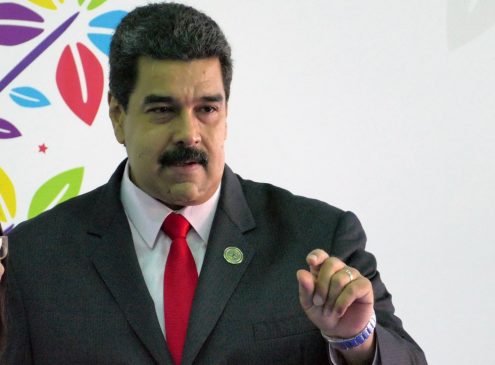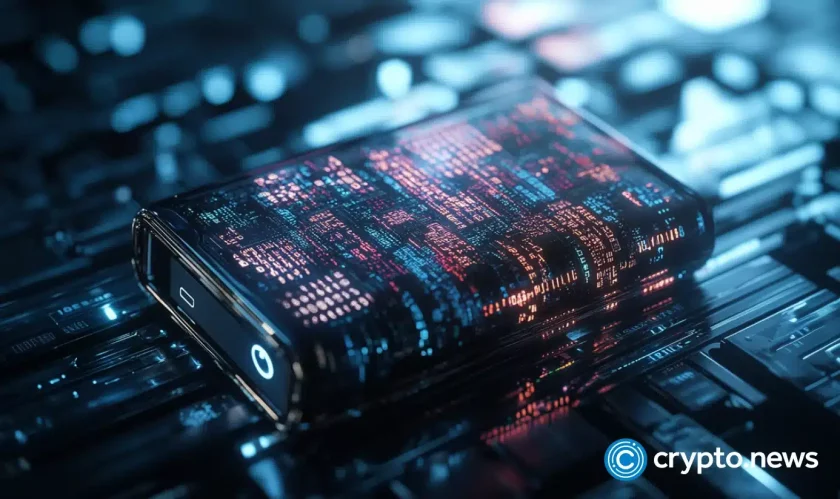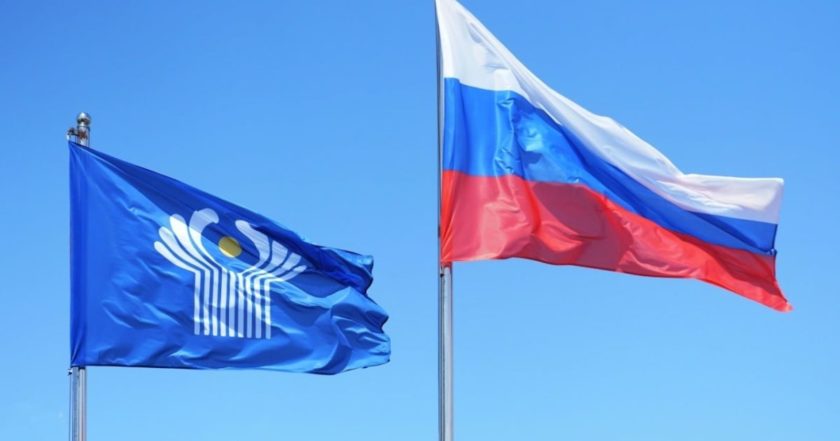According to TeleSUR TV, a mainstream media outlet in Venezuela, the country’s “cryptocurrency” called the Petro can only be traded to other crypto assets if bought before the end of 2018.
Former Wall Street bond trader and digital asset analyst Jill Carlson translated the speech of Venezuelan President Nicolas Maduro, which read:
“Anyone who buys the Petro until Dec 31 will be able to convert it into any other digital currency.”
Petro Isn’t a Cryptocurrency
Throughout the past year, Venezuela has experienced extreme hyperinflation that led the bolivar, the national currency of the country, to become worthless.
Since early 2018, it has become virtually impossible for citizens and residents in the country to purchase basic necessities such as food and medicine with the bolivar.
“A 2.4kg chicken has been costing 14,600,000 bolivars (equivalent to $2.22, or £1.74) in the capital, Caracas. Last Thursday, a toilet roll cost 2,600,000 bolivars. And a kilogram of meat cost 9,500,000 bolivars,” a report from BBC released in August read.
Photos: See how many bills it it took to buy a chicken in #Venezuela https://t.co/XNSk4rG1AT ? @carlosrawlins / @reuterspictures #bolivar pic.twitter.com/oEZar6zDGO
— NBC News Pictures (@NBCNewsPictures) August 22, 2018
As a last resort to rescue to the falling bolivar and the country’s economy, the government of Venezuela led by President Nicolas Maduro developed and released the Venezuelan Petro, a “cryptocurrency” that is supposed to represent the country’s oil reserves and operate as the new national currency in the region.
However, the official whitepaper of Petro released in February detailed the usage of Petro in the payment of national taxes and fees but failed to explicitly state that Petro is equivalent to a certain amount of the country’s oil reserves.
“The Bolivarian Republic of Venezuela guarantees that it will accept Petro’s as a form of payment of national taxes, fees, contributions and public services, taking as a reference the price of the barrel of the Venezuelan basket of the previous day with a percentage discount of Dv,” the original whitepaper of Petro read.
Initially, on February 25, the government of Venezuela claimed to have raised over $1 billion from the token sale of Petro, with the oil reserves of the country as the main selling point of the asset.
“292,000 Petro purchase option offers have been made, of which 36 percent have been made in dollars, 15 percent in euros, 18 percent in Ethereum, and 31 percent in Bitcoin. Just today 950,000 people entered the page to interconnect, download information from the Petro, which is a positive phenomenon, a monetary, political, economic, psychological phenomenon in the path of the new economy,” Maduro said at the time.
In March, TeleSUR TV reported that the government of Venezuela said that it had raised $5 billion in its token sale.
Opaque and Doomed to Fail
As Peter Todd, an applied cryptography consultant, previously said, a cryptocurrency’s purpose is to move money and audit it without permission. The Petro does exactly the opposite while employing absurd practices such as the implementation of a timeframe for trading and selling the Petro.
If the Petro is a cryptocurrency, the government cannot have control over how and when users trade, send and receive the asset. The probability of the Petro succeeding, which cannot be considered a cryptocurrency and does not have any value behind it given that its initial promise on oil reserve backing remains unclarified, is very low.
Featured Image from Shutterstock
Follow us on Telegram or subscribe to our newsletter here.
Who is Buying Bitcoin? Take the survey here and help us with our study.




